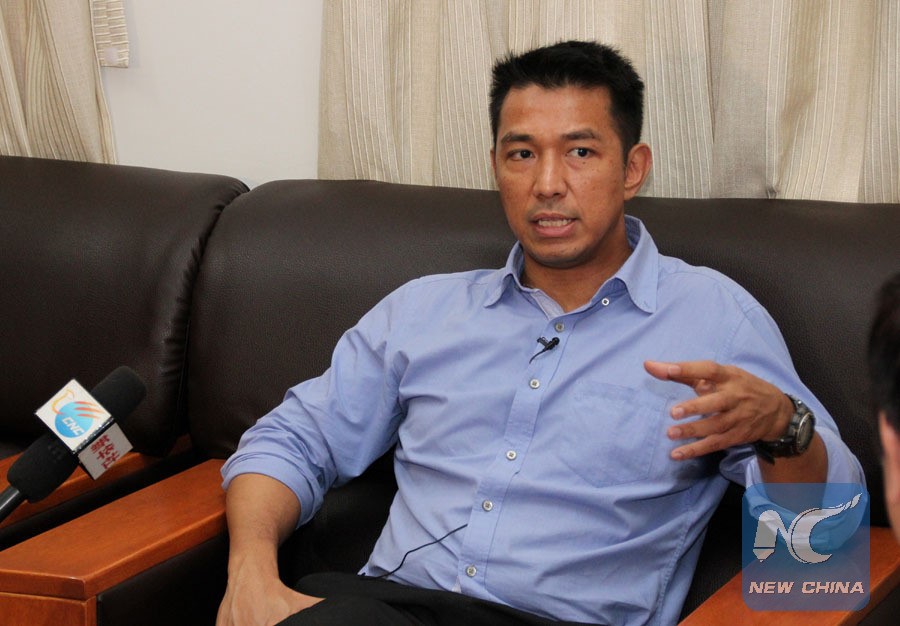China has reacted angrily to allegations that it derailed Burma’s ceasefire accord by coaxing ethnic groups not to sign.
The retort came swiftly after a Reuters’ interview with Burmese mediator Min Zaw Oo, who is reported accusing Beijing’s envoy at the peace talks of pressuring at least two ethnic armed groups into rejecting a nationwide ceasefire agreement (NCA).
Pan Xuesong, a spokesman for the Chinese embassy in Rangoon, told DVB: “[Envoy Guoxiang] Sun never tried to stop the KIO and the Wa from signing the agreement.
“We contacted Ko Min Zaw Oo immediately upon reading that report, but he denied telling Reuters these claims. He said he did not mention anything about Sun,” said Pan.
The embassy spokesman hit out at what he referred to as “other countries who want to damage China’s image by meddling in Sino-Burmese relations.”
He added: “Who is meddling in the peace talks? Reuters’ journalists!”
Speaking subsequently with Chinese state news agency Xinhua on Saturday, peace talk mediator Min Zaw Oo denied that he had accused Beijing of derailing Burma’s ceasefire agreement.
“It was a misreport of the media,” he said, in reference to the interview he conducted with Reuters on 2 October, in which he is cited saying that Chinese envoy Sun Guoxiang exerted pressure on some rebel groups, specifically the United Wa State Army and the Kachin Independence Organisation, to refuse to sign the ceasefire accord.
Min Zaw Oo is the director of Ceasefire Negotiation and Implementation with the Myanmar Peace Center (MPC), which has hosted numerous rounds of talks since 2013 aimed at securing an NCA between the Burmese government and the country’s major ethnic armed groups.
The ceasefire, or NCA, is due to be signed in Naypyidaw on Thursday between the ethnic groups and the government led by President Thein Sein, who will be accompanied by Commander-in-Chief Snr-Gen Min Aung Hlaing and other government heads.
A litany of foreign diplomats and observers will witness what was hoped to be a historic event. However, at the eleventh hour, a majority of the ethnic representatives involved declined to ink the accord, insisting that all dialogue partners be included. Naypyidaw has refused to allow the Kokang rebel Myanmar Nationalities Democratic Alliance Army, the Arakan Army and the Ta-ang National Liberation Front from acceding to the agreement on the basis that they are currently engaged in hostilities with the Burmese army in northeastern Shan State. Only eight of 17 original ethnic groups will now sign the 15 October NCA.
[related]
Chinese envoy Sun was a regular attendee at the talks, some of which were held at the Sino-Burmese border.
“China usually says they want stability. Of course they want stability but at the same time, they want to wield influence on the groups along the Chinese border,” Min Zaw Oo allegedly told Reuters, adding that he had stayed quiet on China’s interference until now, “but it was time to stop whispering”.
But in the Xinhua interview published on Sunday, the MPC representative is quoted as “praising” China’s special envoys, and clarifying that they attended as “pure observers”, and that there was “no pressure put on any side”.
Min Zaw Oo has been unavailable for comment. Speaking to DVB on Monday morning, his colleague Nyo Ohn Myint would only say that the MPC “has no doubt that China fully supports the peace process.”
A spokesperson from Reuters told DVB on Monday that it is standing by its story.
Read more on Burma’s peace process



